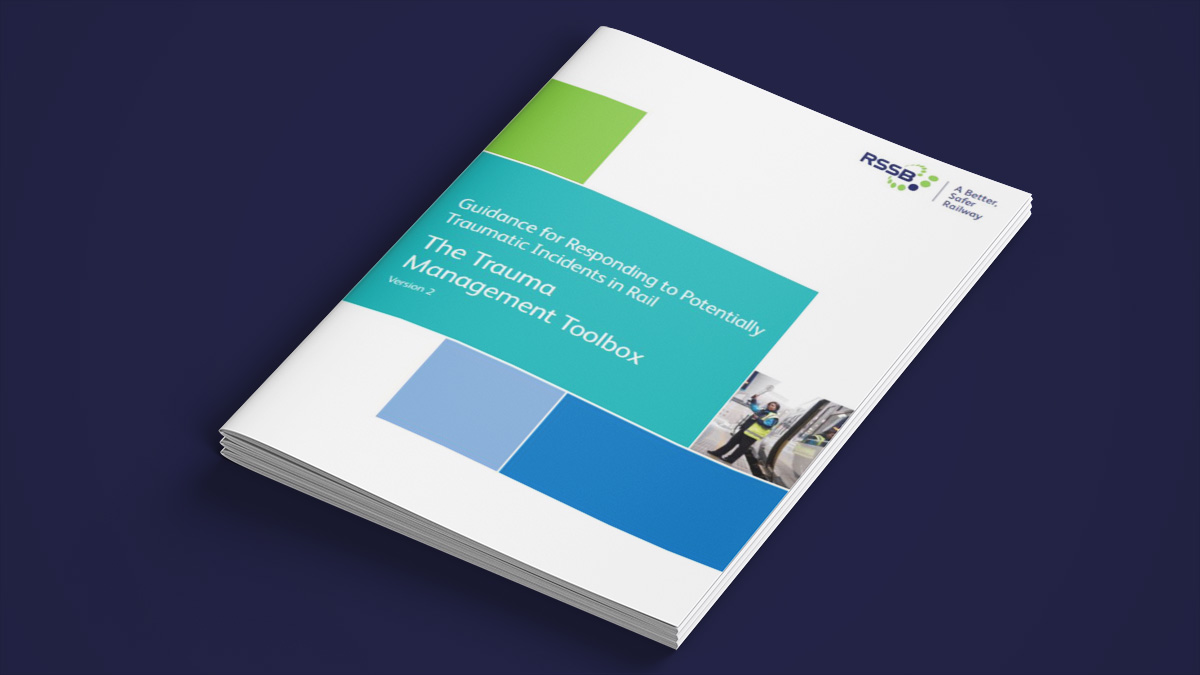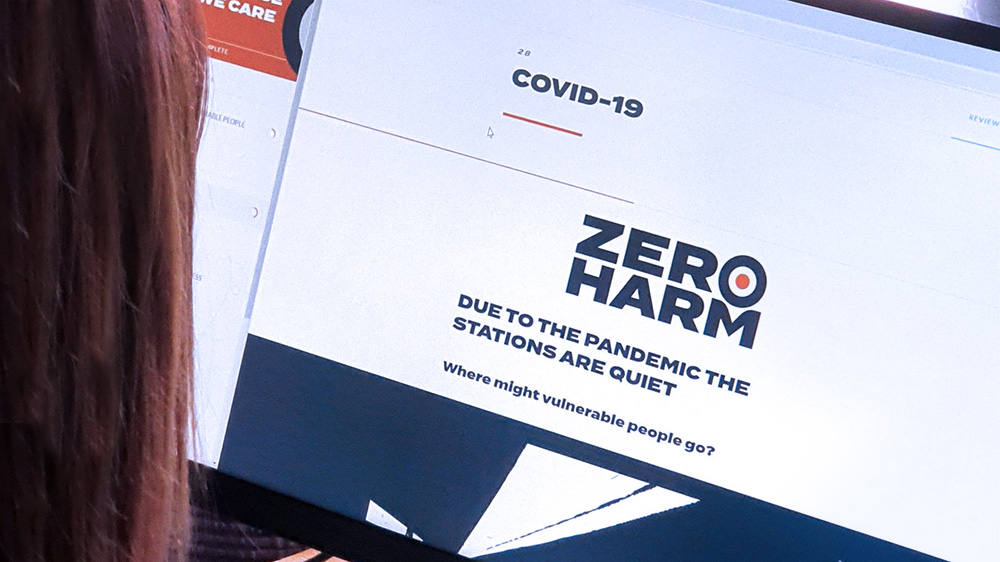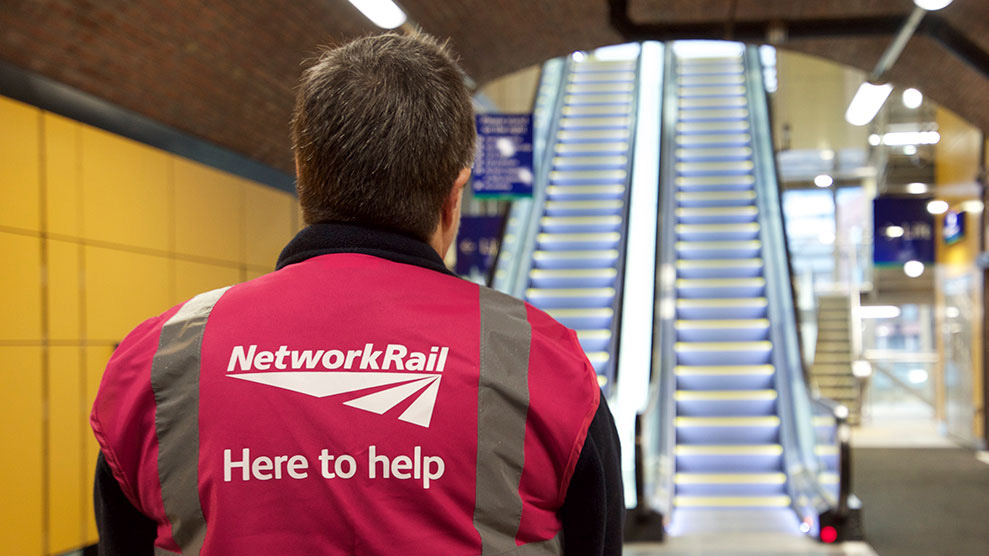Staff may be vulnerable to mental ill-health following involvement in a fatality. A recent analysis of SMIS data indicated that an average of 44.9 days are lost by drivers and 39.5 days lost for train crew following an event. Employees who feel supported afterward – particularly those who receive immediate practical support – experience reduced symptoms after three months and reduced absence over one year.
Last year, in collaboration with the Suicide Prevention Duty Holders Group (SPDHG), RSSB produced guidance to help rail companies support employees following a potentially traumatic incident. An updated Trauma Management Toolbox has been published. Along with a guidance implementation checklist, other practical tools and templates to support companies reviewing their trauma pathway include:
- A return to work interview template
- An example trauma-informed task-based risk assessment
- A sample questionnaire to do undertake a chain of care review
- Advice for staff attending coroner’s court
The Toolbox may be of interest to managers in HR, security, occupational health and wellbeing, and operational standards, as well as safety, and those who support companies in reviewing and improving their trauma support pathways and controls.
The Toolbox and Guidance, along with other trauma resources, can be downloaded here: https://www.rssb.co.uk/Insights-and-News/Industry-Topics/Health-and-Wellbeing/Mental-wellbeing/Responding-to-traumatic-incidents-in-rail


